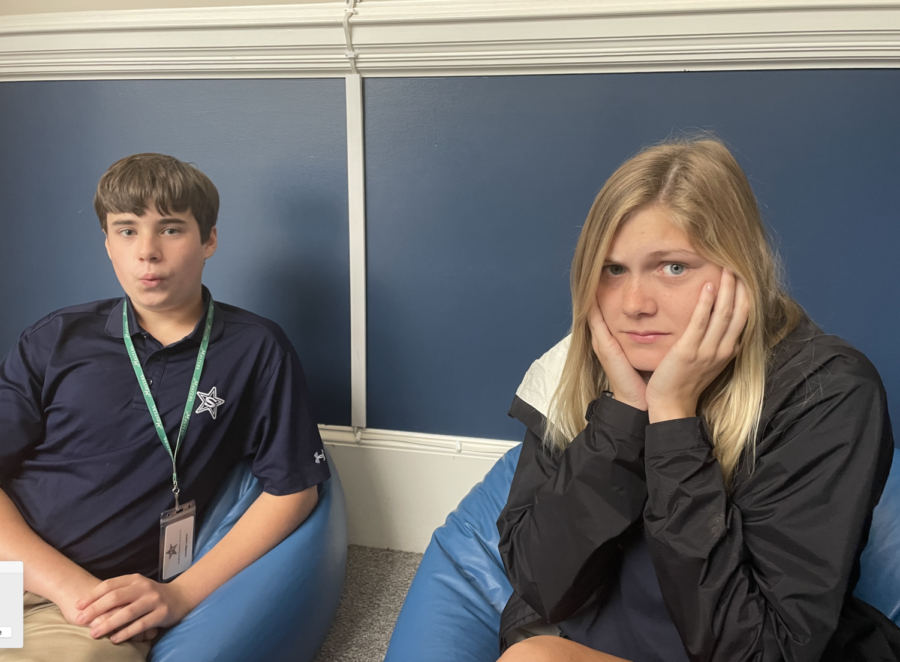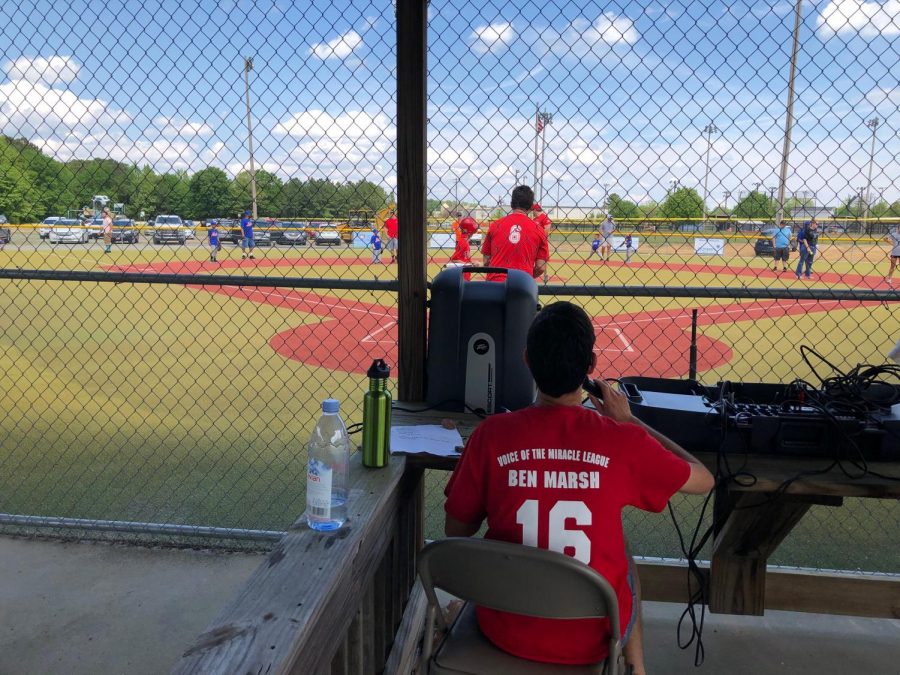
When I woke up this morning, my head did not hurt. I had not developed a fever. My nose was not stuffy nor was I sneezing.
But even without any of these common symptoms, I was sick.
As a junior, I had developed “Junioritis.” This is the precursor to a much more serious disease, “Senioritis.’’
I had all the common symptoms — staying up late, not doing homework, apathy, drowsiness, and the susceptibility to sleeping in class. These symptoms mirror the symptoms of the Senioritis, as Junioritis is the less harsh and not as abundant precursor to the most common illness among seniors.
Although this malady did not phase me as being a big deal, more and more juniors are also getting this growing illness … and it could turn into Senioritis, before students are even seniors.
Senioritis, as described by a popular online medical diagnosis site known as “WebPhD.com,” is an extremely common illness that spreads among high school seniors, affecting their grades, their work ethic, and their presence at school. This common malady is not fatal in 98 percent of cases, yet can affect the body for several months at a time.
For reasons unknown, this sickness affects about 70 percent of seniors in high school, yet not nearly as many juniors, sophomores, and freshman. Scientists have recently tried to link this statistic to the lowering of certain chemicals in the system of high school students including “WorkEthicatonin,’’ “ILoveSchoolamine,’’ and “IDoHomeworkalin.’’
Specifically, these three chemicals found in the brain are shown to decrease in approximately the same amount of students diagnosed with Senioritis. You may not think you’ll be affected, with steady levels of these chemicals, as well as no symptoms (missed homework, bad grade, lack of care, skipping class, etc.)
But new studies have shown Senioritis might be becoming more contagious. This illness has been shown to mutate and with a new mutation found in particular schools in Macon.
Senioritis is predicted to spread beyond the usually-affected seniors, to juniors, sophomores, and even freshman in school. This danger needs to be taken seriously because complete cures are very hard to come by.
Watch for any symptoms of Senioritis, and report to a school nurse if you notice any uncanny aspects of character.
A specific cure is trying to be created, which is commonly called “MakeSchoolMoreFun.”
But, until this can be achieved and spread, all students need to be cautious.
Lizzie Clayton is a junior and an assistant editor at The Gazebo.







